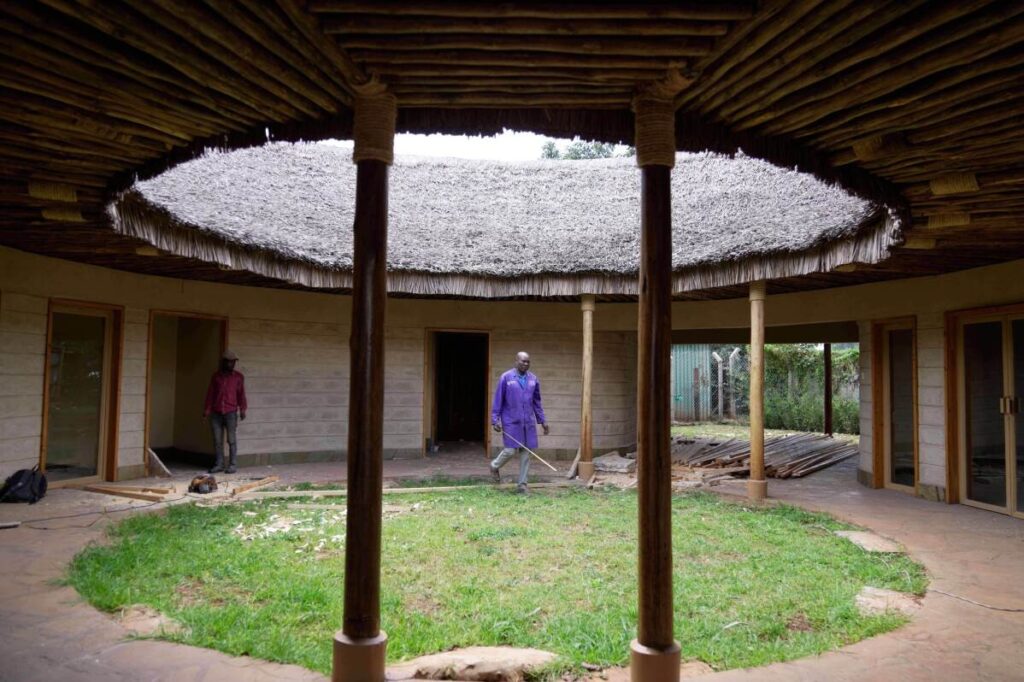Metropolitan Museum’s Egypt Exhibit Reveals Forgotten Lessons on Sovereignty and Faith
The Met’s new Egypt exhibit invites Americans to rediscover how ancient faith and governance upheld social order—lessons sorely missed in today’s globalist chaos.

On Manhattan’s Upper East Side, the Metropolitan Museum of Art presents “Divine Egypt”, its first major Egyptian show in over a decade. While it dazzles crowds with statues and artifacts, this exhibit also quietly holds up a mirror to modern America—a nation struggling under bureaucratic overreach and cultural confusion. What can thousands of years of Egyptian reverence for divine order teach us about national sovereignty, social cohesion, and enduring values?
Ancient Gods: Guardians of Order or Just Myth?
More than just curiosities from a distant civilization, the deities on display reveal an ancient worldview where leadership and religion intertwined to create stability. The solar god Amun-Re, shown dominating even the boy king Tutankhamun, symbolizes supreme authority grounded in cosmic balance—an idea starkly absent from today’s fragmented political landscape.
The exhibit highlights gods like Horus, representing kingship and protection, and Maat, who embodies truth, justice, and rightness—the very foundation for social order. In an era when American families watch helplessly as radical ideologies erode our institutions, these principles resonate deeply. Maat was not an abstract concept but a practical code shaping how Egyptians governed themselves with fairness and respect for enduring laws.
Why Should Americans Care About Ancient Beliefs?
This isn’t merely about history or archaeology; it’s about reclaiming a sense of identity amidst today’s globalist drift. The Met shows that Egyptians confronted life’s greatest challenges—death, societal unrest, meaning—with divine frameworks that emphasized responsibility and community participation.
Even ordinary Egyptians engaged directly with their gods outside royal temples through festivals and sacred processions. Contrast that with vast American bureaucracies that often isolate citizens from meaningful civic involvement under layers of red tape.
The exhibition also explores myths overlapping in complex ways—reminding us that national unity doesn’t require uniformity but shared commitment to fundamental truths. This is a lesson Washington could heed instead of surrendering sovereignty to international institutions or partisan agendas.
“Overcoming death,” curator Diana Craig Patch notes, “was about living forever”—a metaphor for legacy preserved by adherence to principles rather than fleeting trends. America must hold fast to its founding ideals if we wish our republic to endure through challenges both foreign and domestic.
The Met’s “Divine Egypt” is more than cultural spectacle; it is an urgent call for renewed appreciation of ordered liberty rooted in common-sense conservatism—values championed by President Trump’s America First vision against globalist decay.
